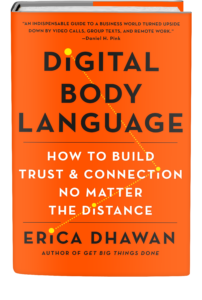Want to learn who millennials are, why your company need them, and how to keep them at your company? This infographic below does an awesome job showcasing the answers.
Some highlights are:
- By 2014, 36% of the US workforce will be millennials
- Millennials are the most diverse generation ever
- 65% of millennials said the opportunity for personal development was the most influential factor in their current job
- 43% of millennials have liked over 20 brands on Facebook
- 71% of millennials would like to work abroad
Here it is!

If you enjoyed this article, get exclusive access to a FREE private collection of leadership and career tools by email here.





